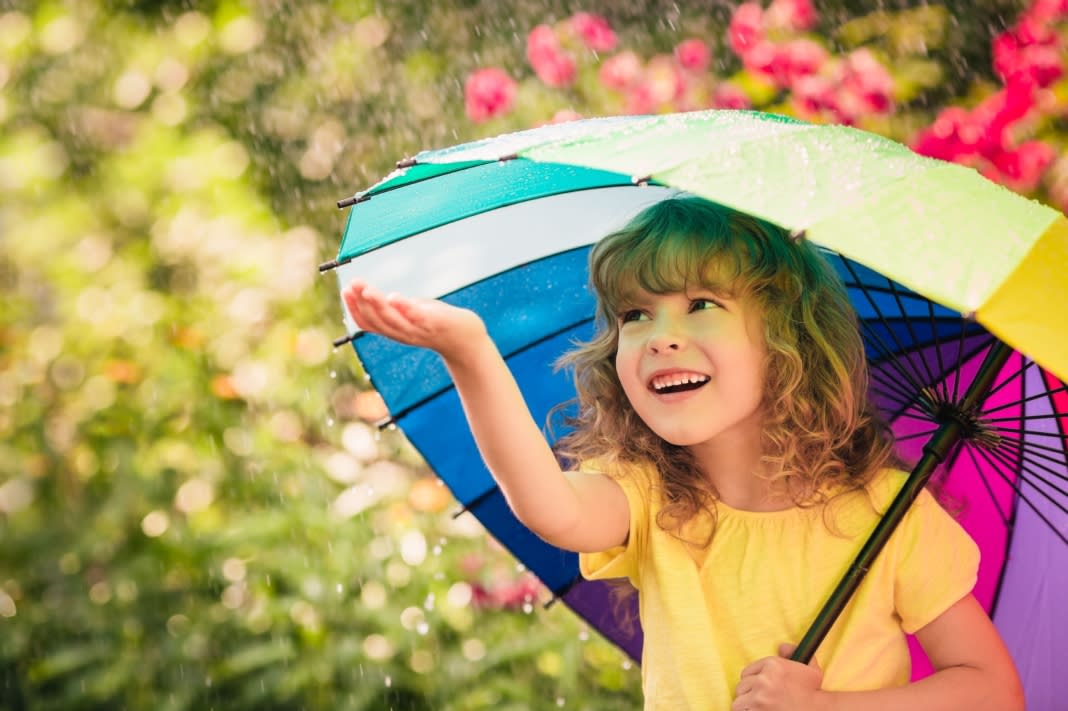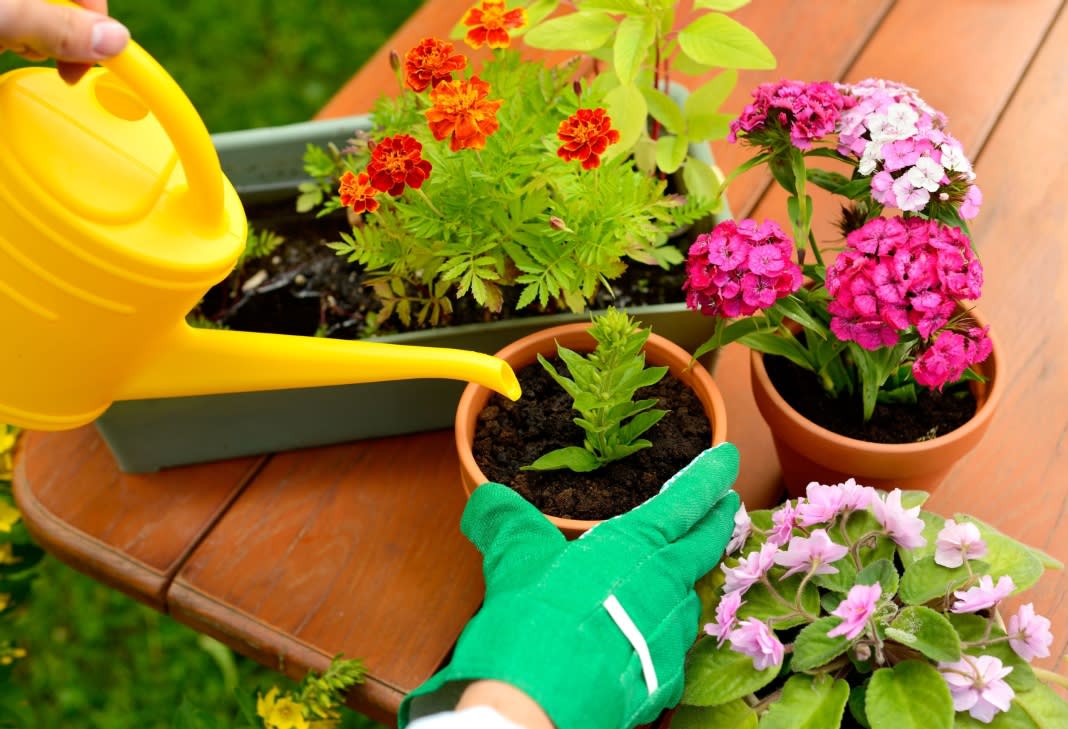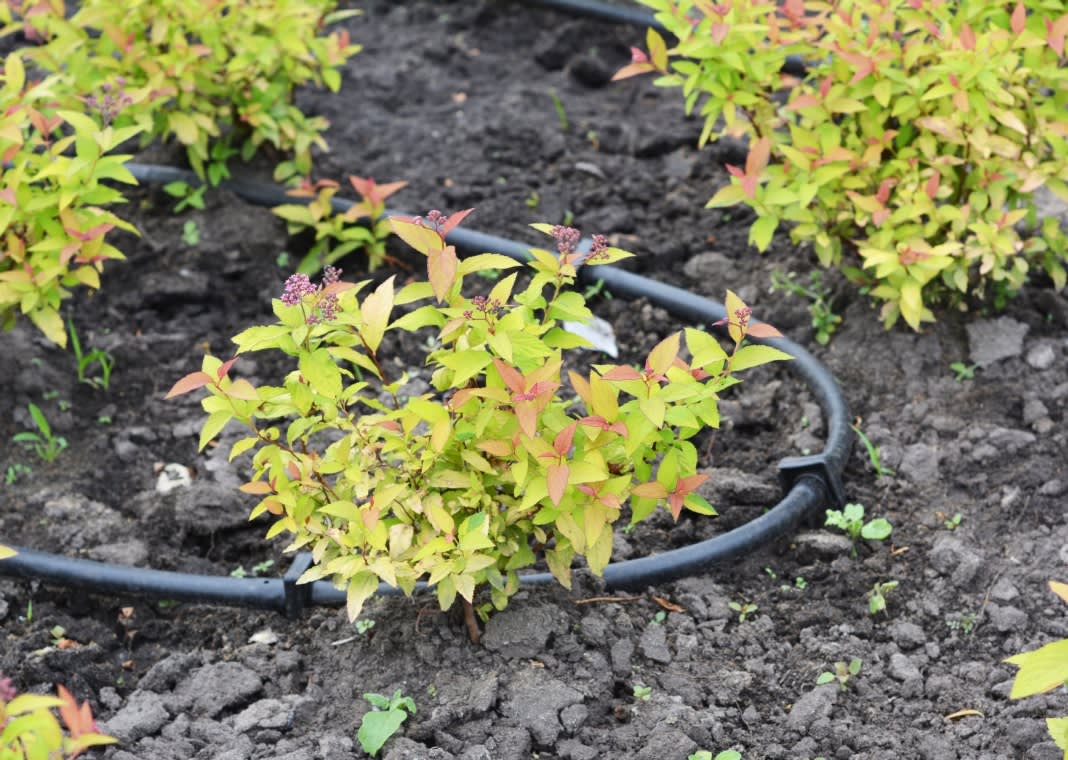Tips for Keeping Your Garden Fresh During the Summer Heatwave
31 July 2018
Do you like to keep your garden fresh during the summer months? While you can normally keep your garden watered by dousing it with water during dry spells, it can be difficult to do when you're advised to reduce your water usage, or if there is a complete hosepipe ban.
If you are following advice to reduce your water usage during a dry spell, you might want to consider alternatives you can try that will still keep your garden fresh. Have a read below at our handy hints and tips for keeping your garden healthy and fresh during the summer heatwave.
Buy a Watering Can
Using a watering can is more sensible and liberal use of your water supply, allowing you to carry on watering the garden but not excessively. Choose from a number of watering cans including our Spear & Jackson Watering Can 6L, or our Green Turner Watering Can with Rose 10L.
Collect Rainwater

Even though it has been dry, it doesn’t mean it won’t rain during the summer months (we are in the UK after all). This means you should take advantage of water whenever and wherever you can get it, and start using rainwater to water your garden on the drier days.
The most efficient way of doing this is by using a Water Butt, which will allow you to collect and store rainwater in your back garden. Try our Water Butt with Tap & Lockable Lid 210L or Slimline Water Butt with Tap & Clip-On Lid 250L.
Alternatively, use existing containers you might have in your garden including an open paddling pool, small bucket or just leave out your watering can to fill while it is raining.
B&M Top Tip: read about more water and money-saving tips during a hosepipe ban here.
Timing is Everything
Try and water your plants and flowerbeds either first thing in the morning, or last thing at night. This will keep the soil damp for longer, ensuring healthier plants and shrubs throughout the day. Watering in the hottest part of the day will mean water will evaporate more quickly and can actually damage leaves due to strong sunlight being magnified by water drops.
Move Potted Plants into the Shade

Potted plants can often be left stranded in the sunlight and be more susceptible to drying out quickly if left for longer than a day in excessive heat and sunlight. Instead, try and move them into shadier parts of your garden so they spend less time in the heat overall. This will help them retain moisture and keep greener leaves.
Water your Lawn Sparingly
Chances are your lawn is going to get brown patches during a summer heatwave. It’s best to make your peace with this just in case a hosepipe ban comes into effect, but not to worry - your lawn will bounce back quickly after rainfall.
Instead of using a lot of water trying to soak your lawn, concentrate on your flower beds, potted plants and vegetables to ensure they are kept healthy and don’t suffer from the heat.
Try a Micro-irrigation System

Whereas a hosepipe can go through a huge amount of water when in use, a micro-irrigation system (or drip-irrigation) is much more efficient when using water to keep your garden fresh. In fact, if you are sensible about where you install your micro-irrigation system, you can save yourself a lot of time in keeping your garden watered during a heatwave.
It works using a series of interconnected pipes that deliver a small amount of water to your flower beds and plants on a daily basis, and can even be set on a timer so you know exactly what time of day they are due to be watered. While this will take time to install, this can save you a lot of time and effort in the long run, especially during a hosepipe ban.
Put Mulch Down
Mulch can be made out of leaves, grass clippings, tree branches, bark and any other garden trimmings. Rake them into a pile and break up or shred using a lawnmower. Store in a ventilated barrel or corner of the garden for later use.
During a heatwave, water your flower beds or any soil areas thoroughly using a watering can. Once finished, cover the soil in a thick layer of mulch, all the way up to the base of each plant. The main benefit of doing this is to keep moisture in the ground, along with keeping your plants free from any garden pests.
Is your garden looking fresh this summer? Share your favourite pictures over on our Facebook, Twitter or Instagram pages!



